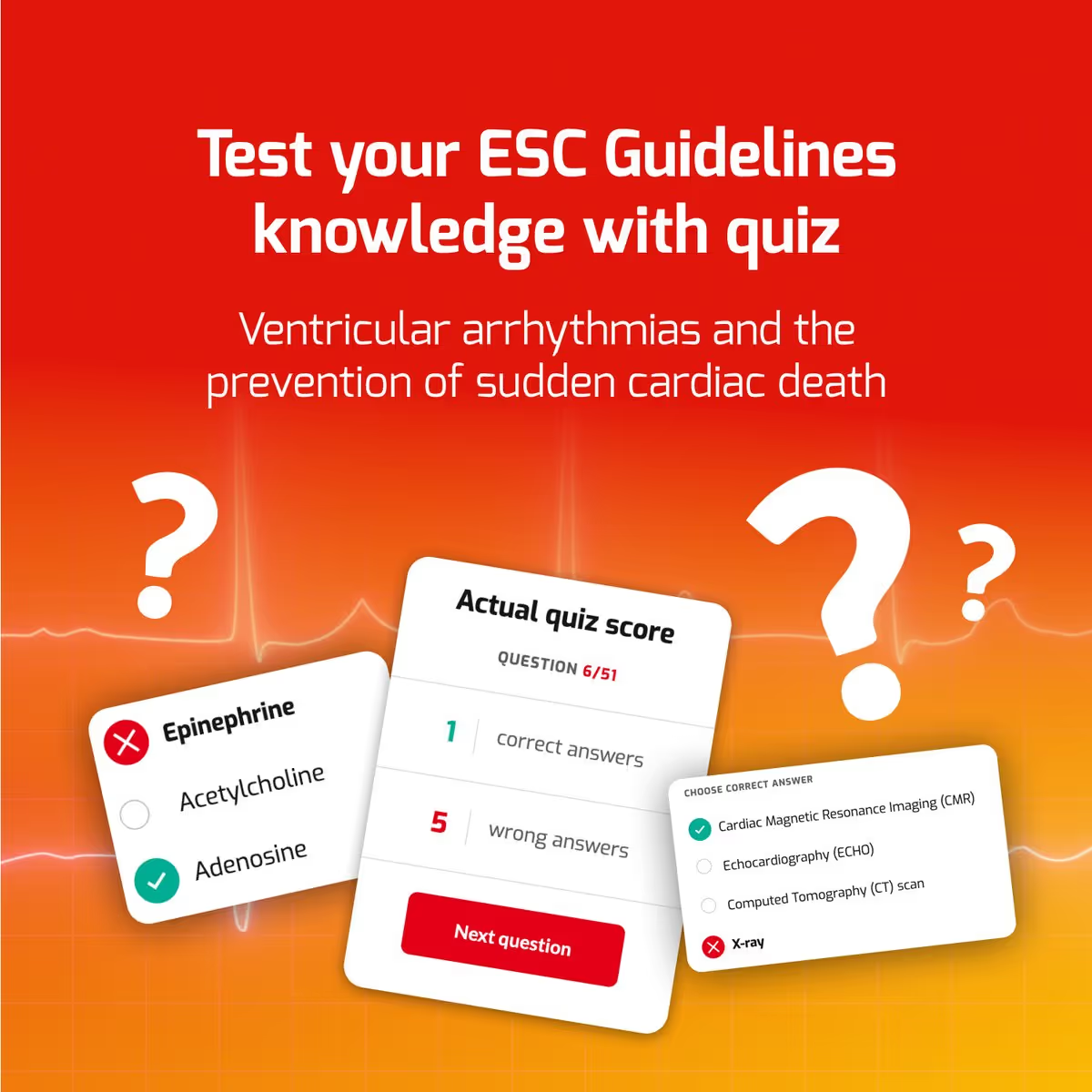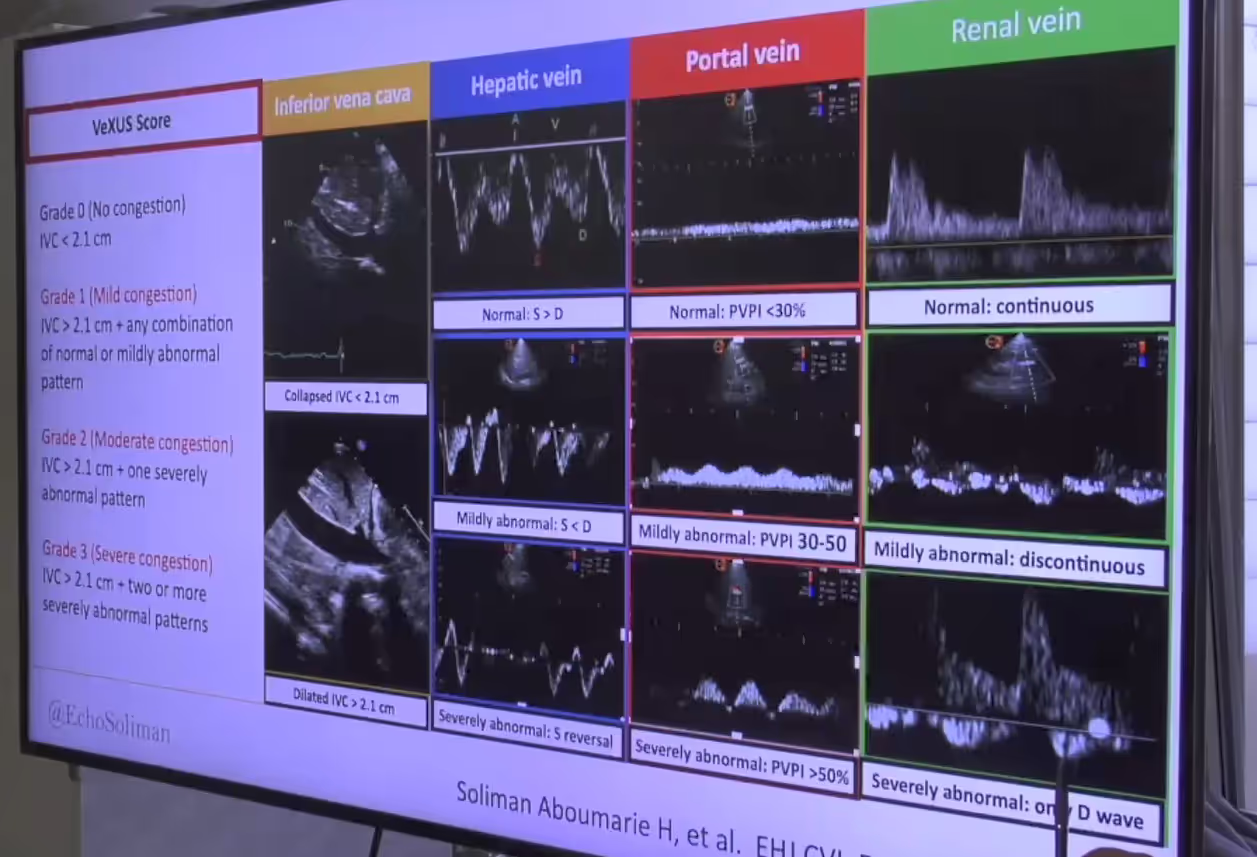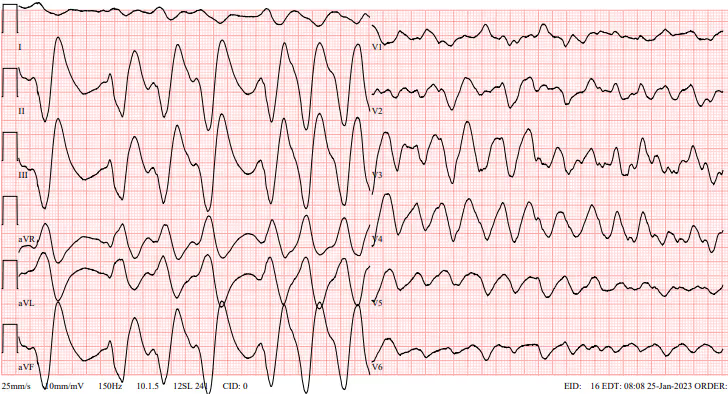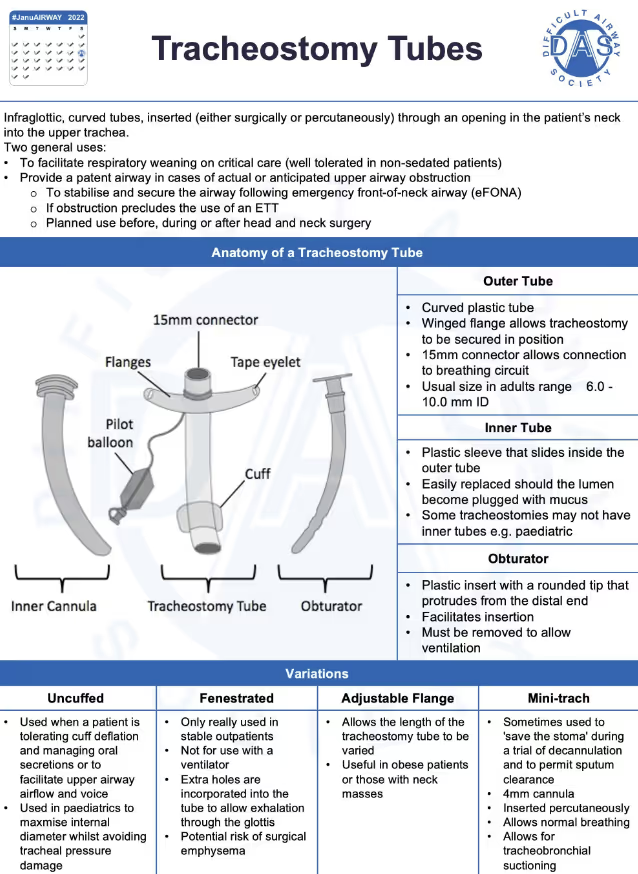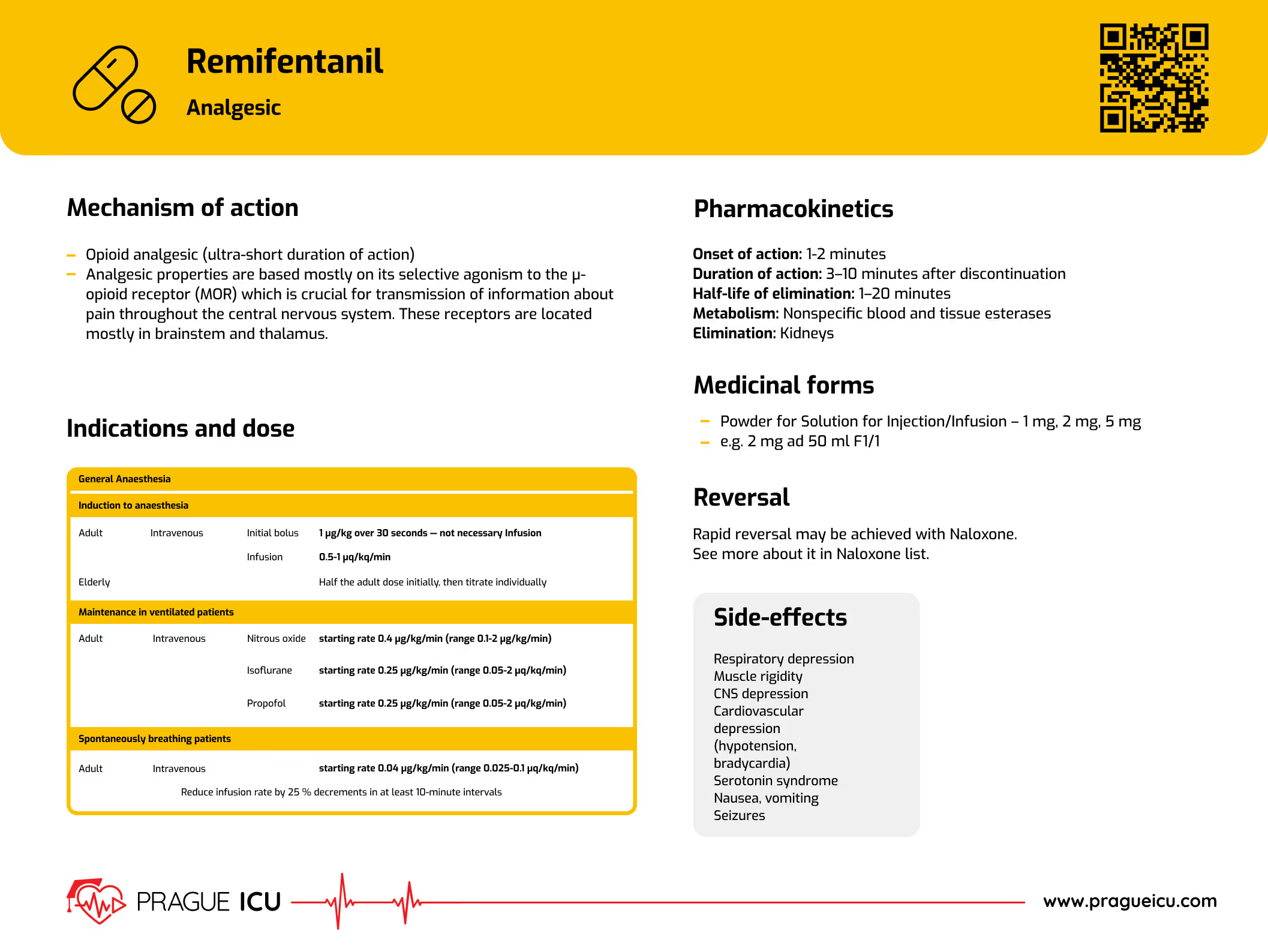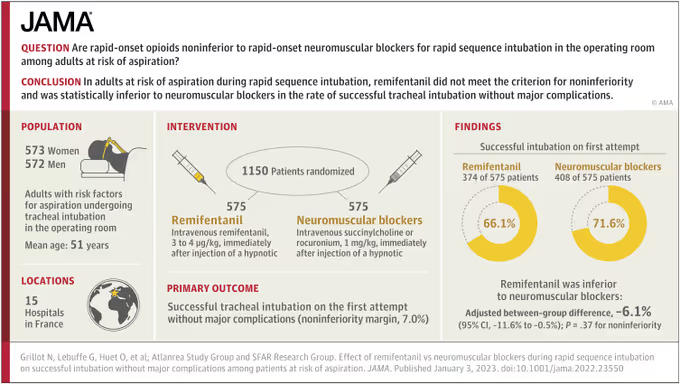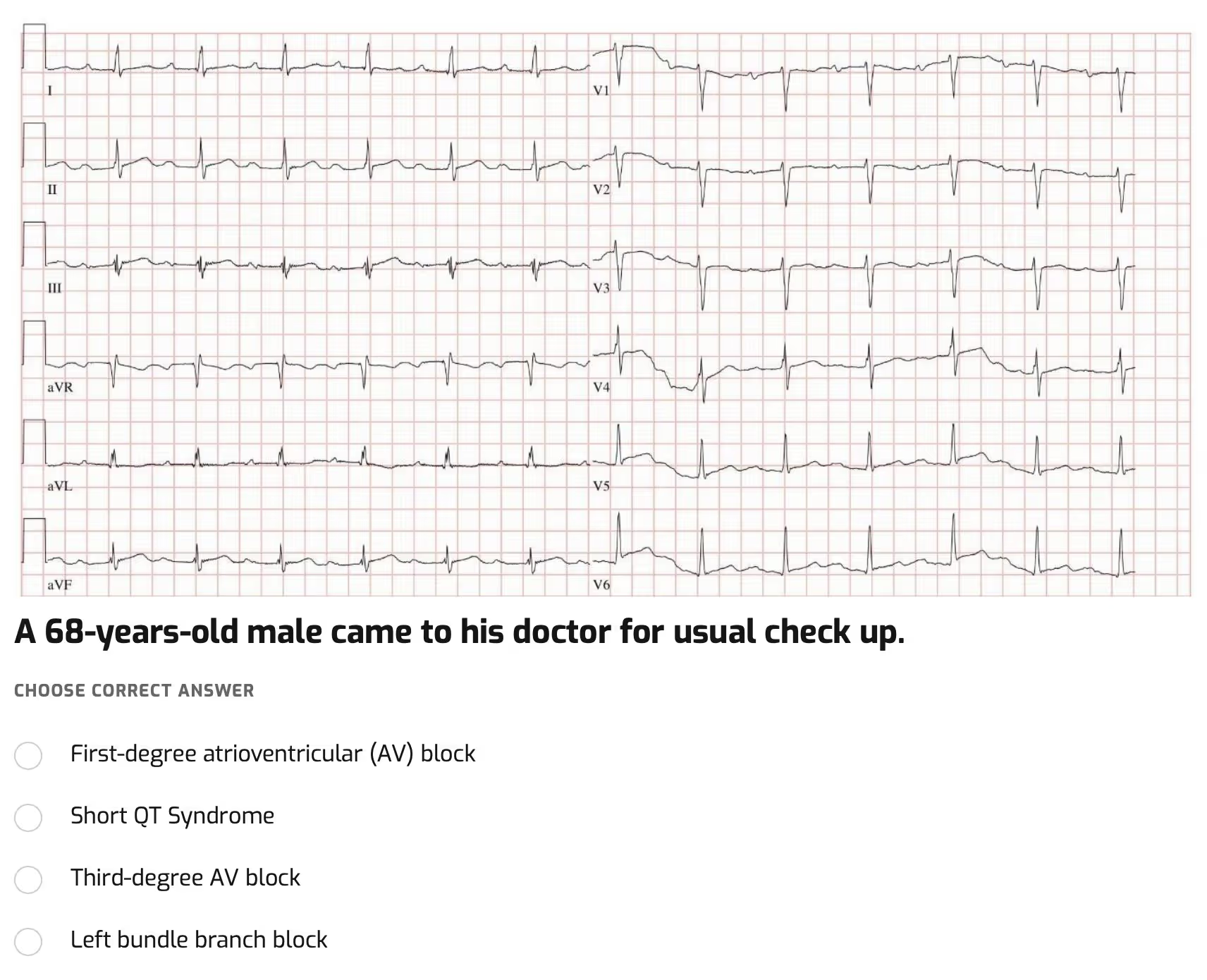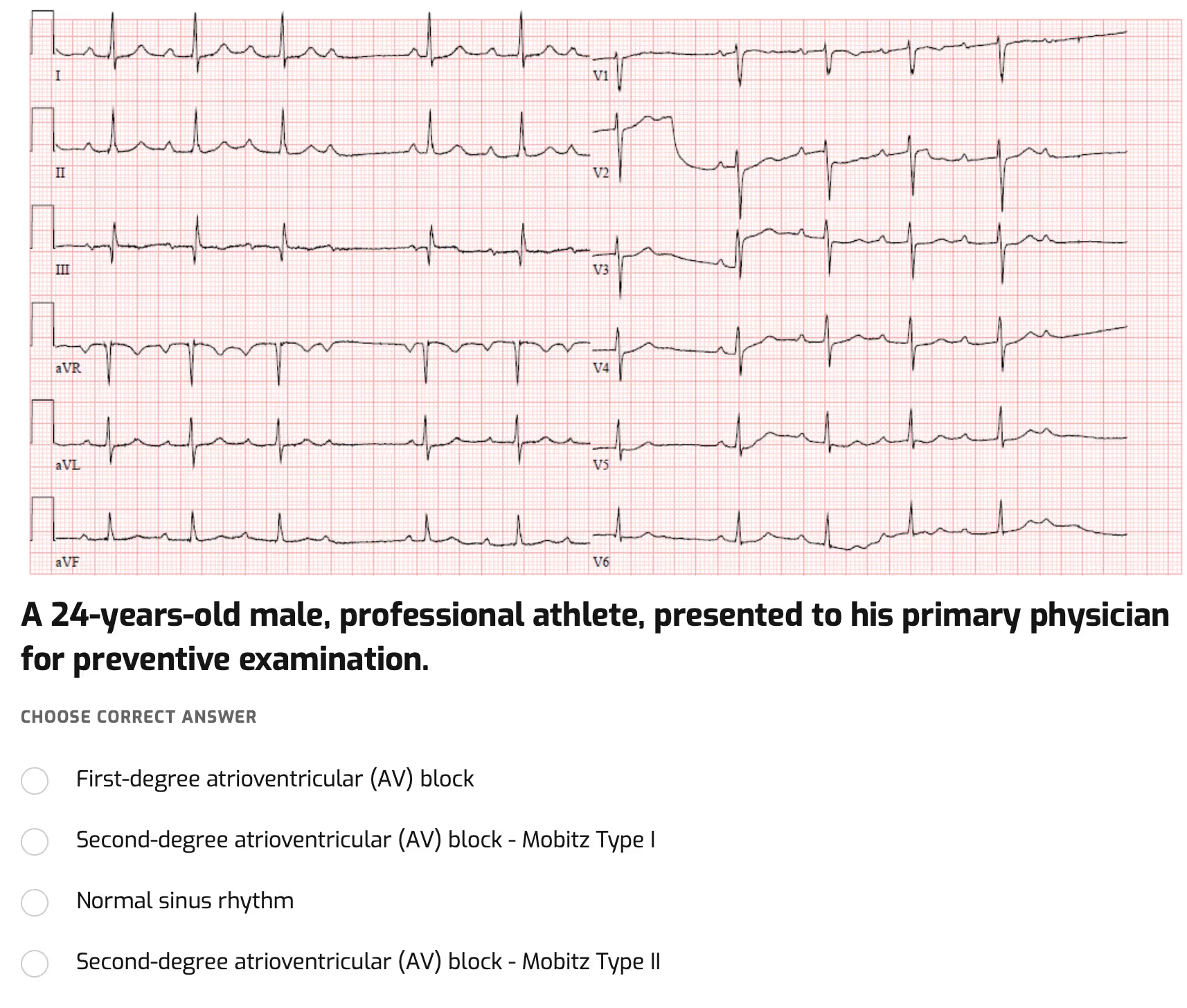Bisoprolol plausible effects on heart rate reduction
Beta-blockers play an important role in heart diseases, mainly in chronic heart failure, hypertension, or ischemic heart disease. However, there is a dispute regarding whether beta-blockers exert their class effect in such diagnoses or if thereare significant differences in efficacy between the agents.
To help understand the specific differences between beta-blockers and ease the decision-making process of which beta-blocker to administer, we reviewed two studies focused on this topic.
The first study compared the effects of bisoprolol, other β-blockers (carvedilol, metoprolol,nebivolol, atenolol, etc.), and non-β-blocker drugs on long-term cardiovascular events and the risk of mortality in patients with angina pectoris. The study demonstrated a significant long-term reduction in the risk of mortality and various cardiovascular events with bisoprolol compared to other β-blockers and non-β-blocker drugs (see fig1). In summary, the study findings strongly support bisoprolol as the preferred choice for initial treatment of angina in primarycare. (https://pubmed.ncbi.nlm.nih.gov/30408572/)
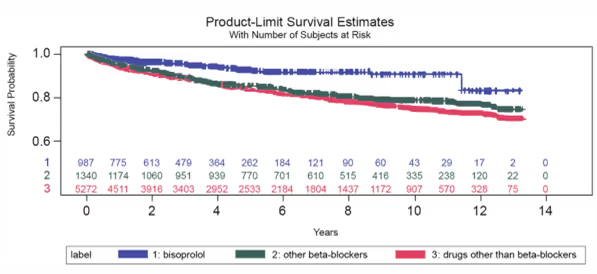
Fig.1-taken from: Sabidó, M., Thilo, H. and Guido, G., 2019. Long-term effectivenessof bisoprolol in patients with angina: a real-world evidence study.Pharmacological Research, 139, pp.106-112. Kaplan―Meier survival curves for14-year mortality.
The second study aimed to investigate the long-term effects of bisoprolol compared to metoprolol CR/ZOK in controlling blood pressure (BP) and mean dynamic heart rate (HR) in patients with mild-to-moderate primary hypertension over a period of 12 weeks. At the end of the study, during the last 4 hours of the 12-week treatment period, patients' BP and HR were measured.
Both bisoprolol and metoprolol CR/ZOK were equally effective in managing BP. However, bisoprolol demonstrated a significant decrease in HR (see fig.2). High heart rate is an independent predictive factor for cardiovascular morbidity or fatal events, including those associated with hypertension. Therefore, patients taking bisoprolol have a reduced probability of experiencing such events. (https://pubmed.ncbi.nlm.nih.gov/27534738/)
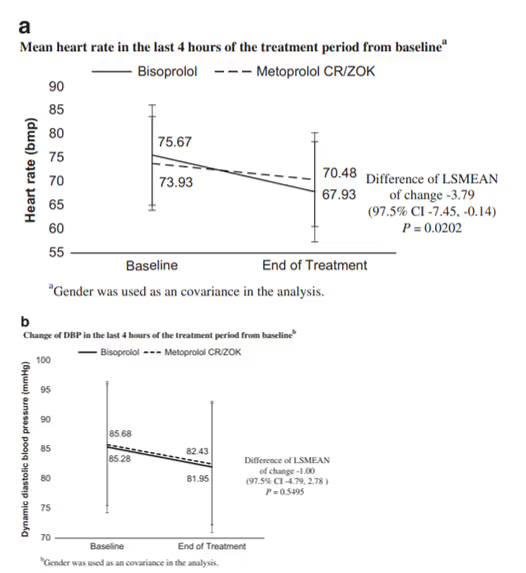
Fig. 2 Changes in the mean heart rate andthe mean dynamic diastolic blood pressure (DBP) in the last 4 h of thetreatment period from baseline (intent-to-treat population (ITT)). (a) Changein the mean heart rate in the last 4 h of the treatment period from baseline.(b) Change in the DBP in the last 4 h of the treatment period from baseline.Taken from: Yang T. et al. 2017
To summarize the topic, bisoprolol stands out as an effective choice among β-blockers. It has demonstrated significant benefits in long-term usage for angina pectoris, including a reduction in the risk of mortality and various cardiovascular events compared to other β-blockers and non-β-blocker drugs. Additionally, in patients with hypertension, bisoprolol has shown successful results in lowering heart rate, which is crucial in reducing the likelihood of cardiovascular morbidity or fatal events.


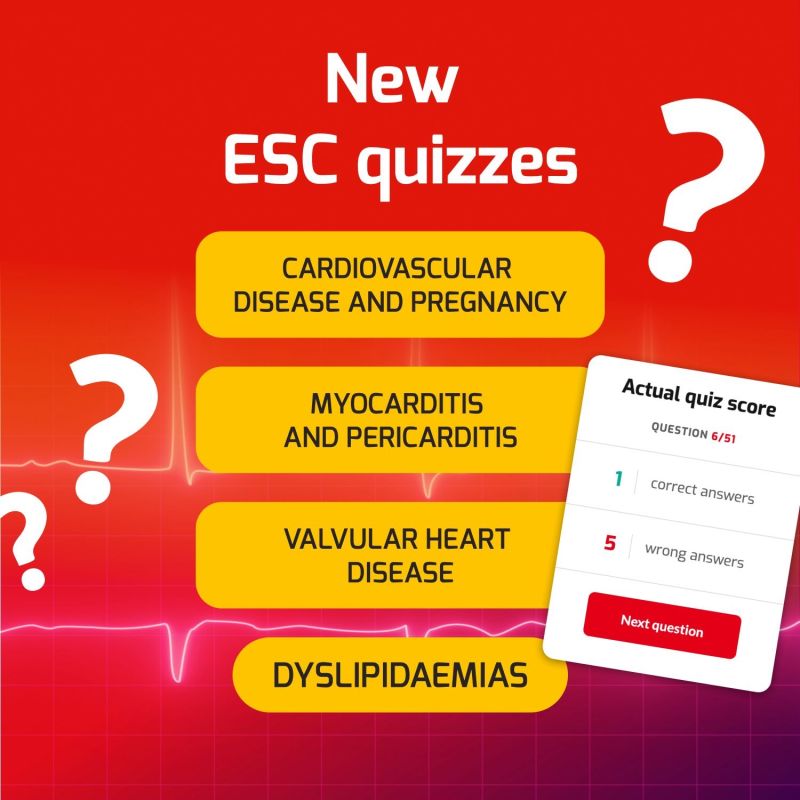




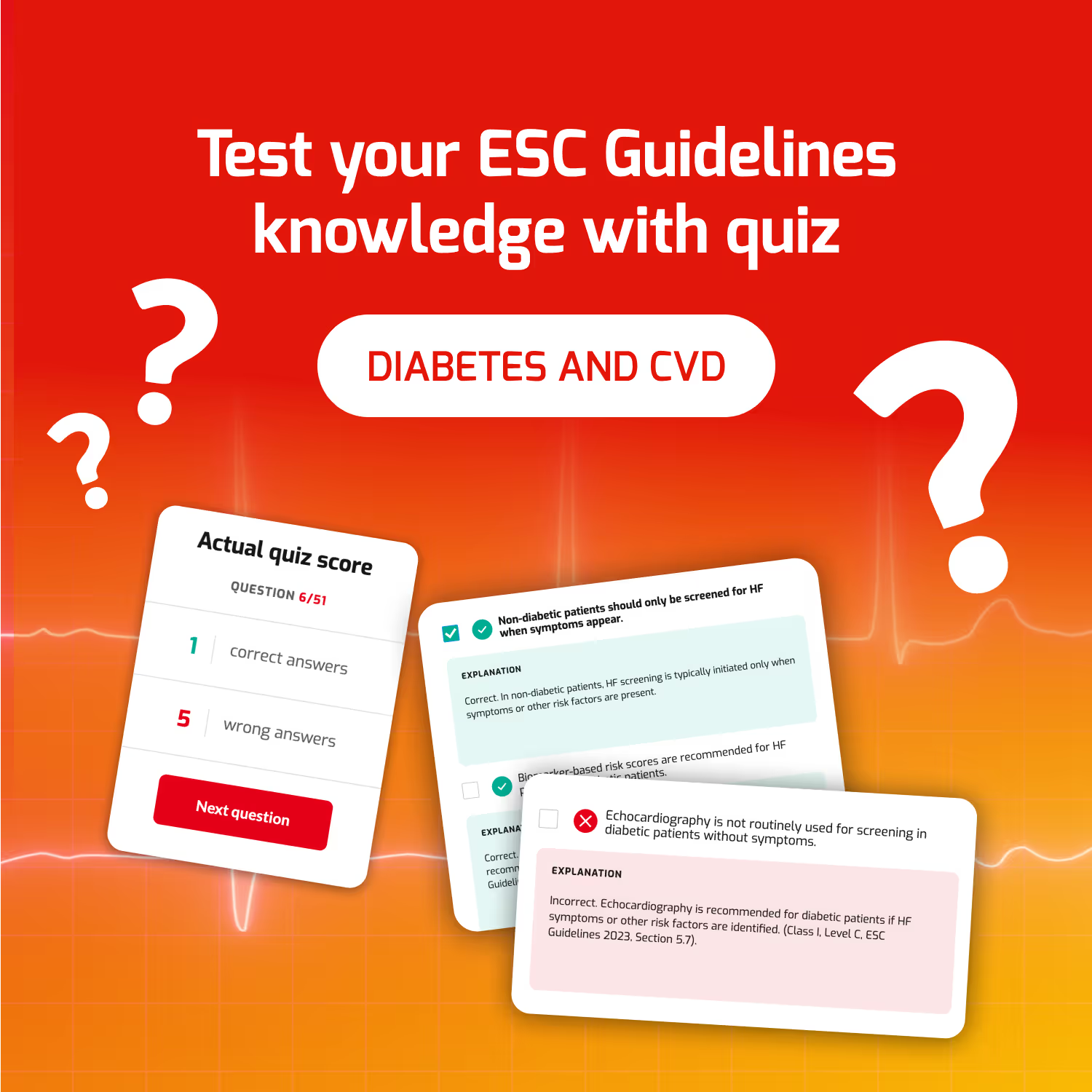
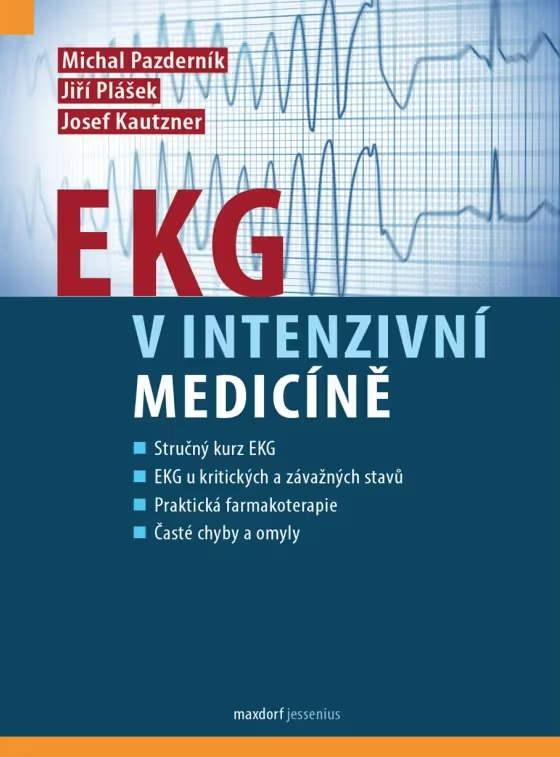


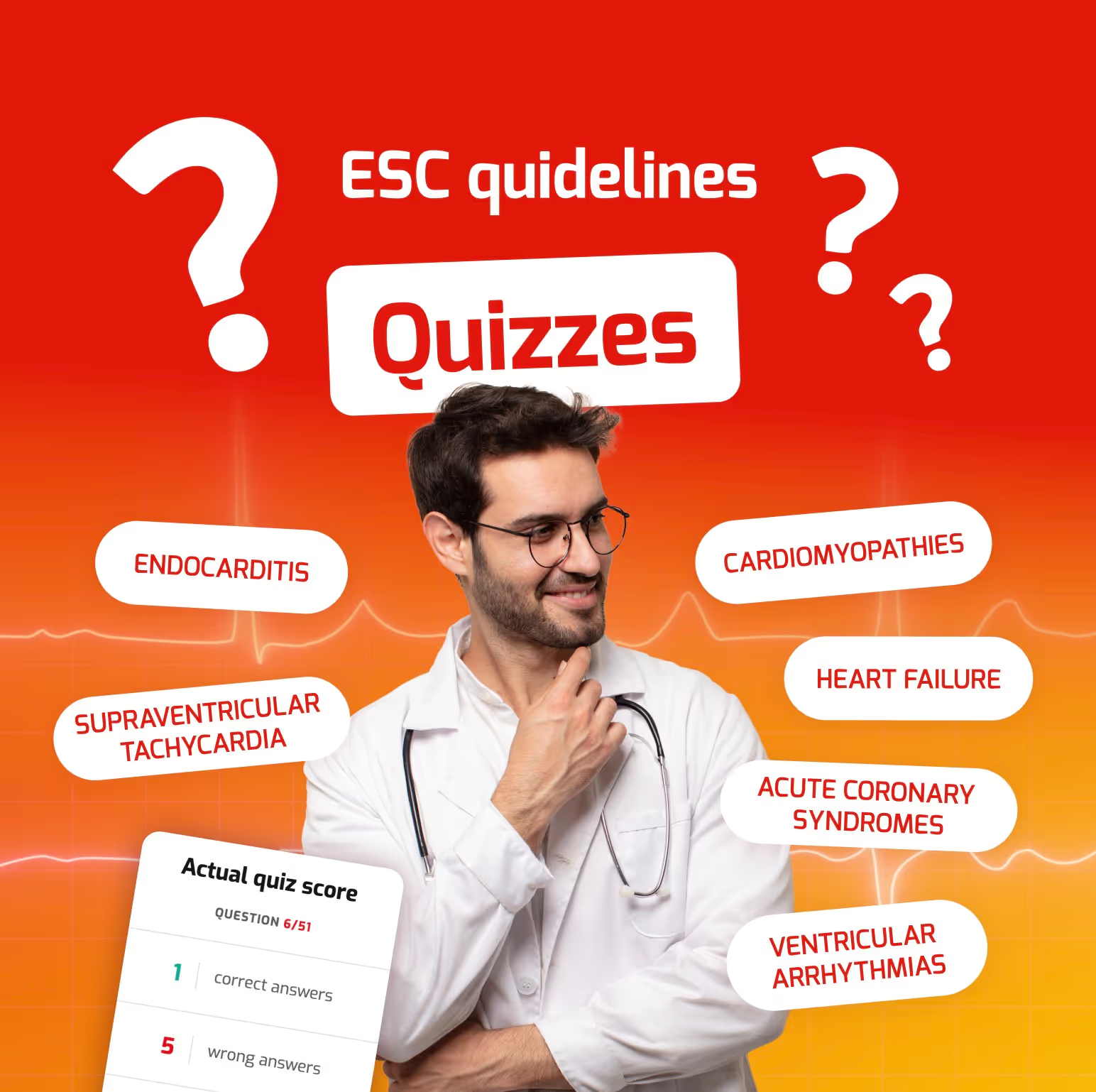
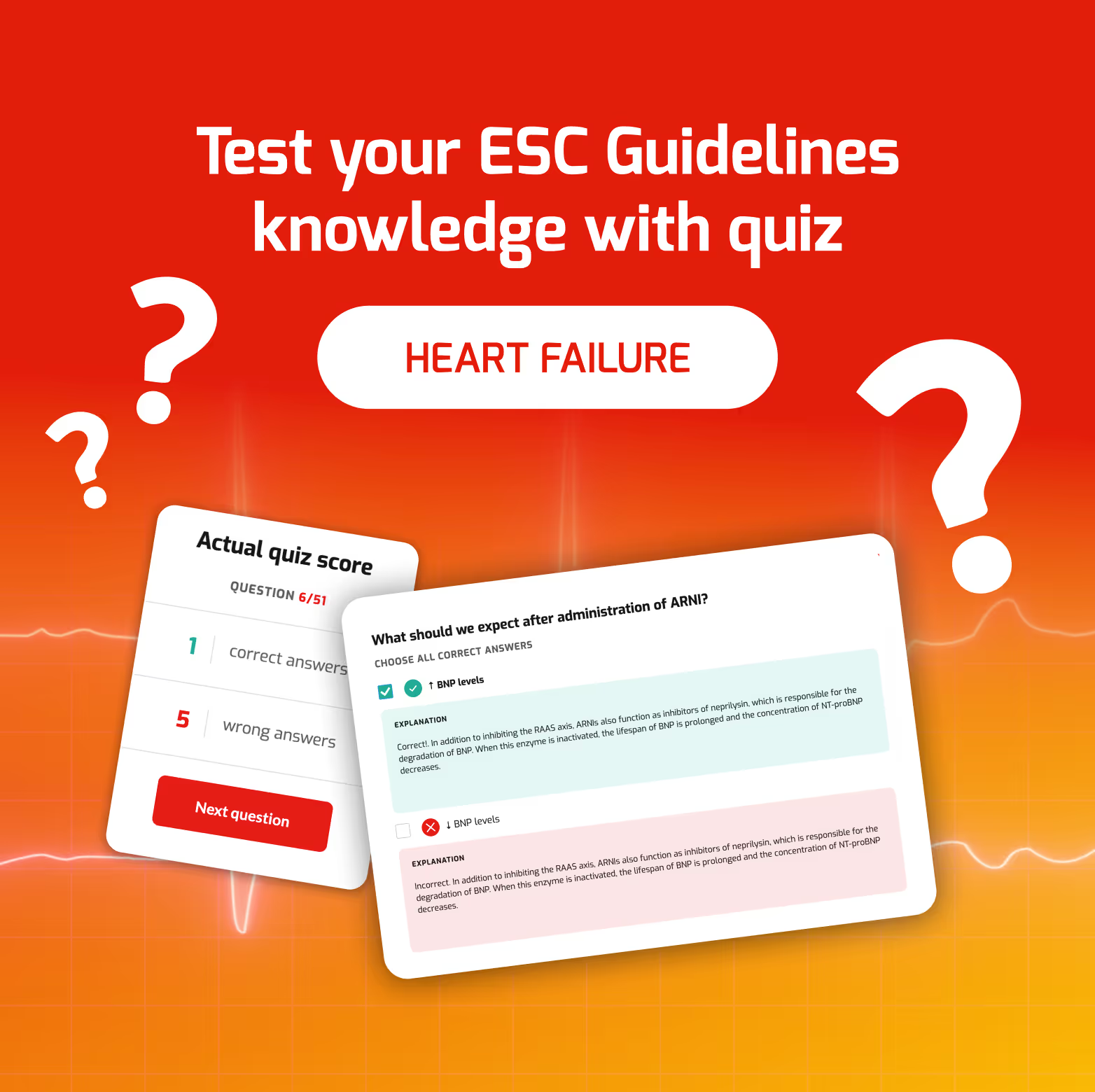
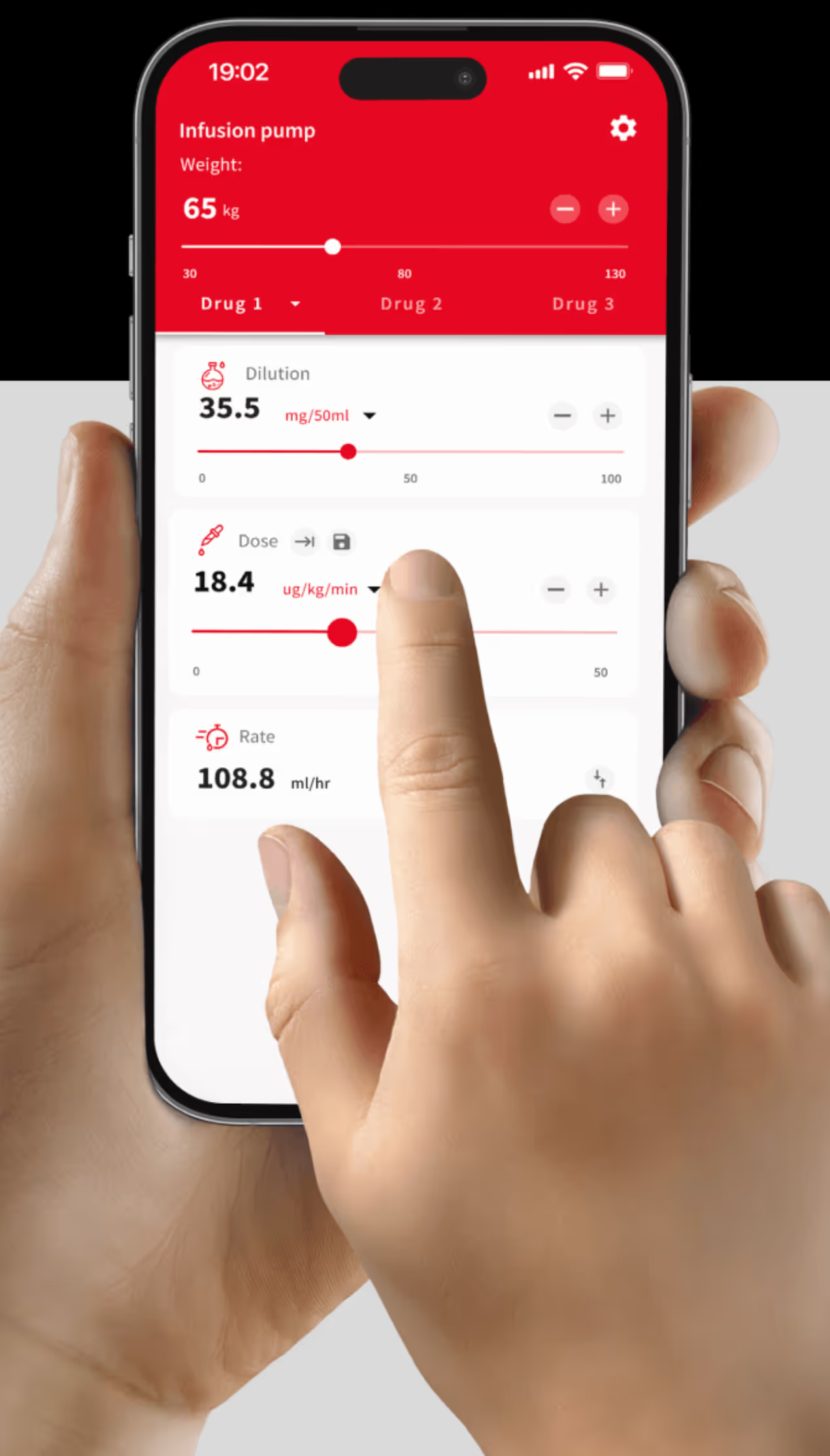

.avif)
